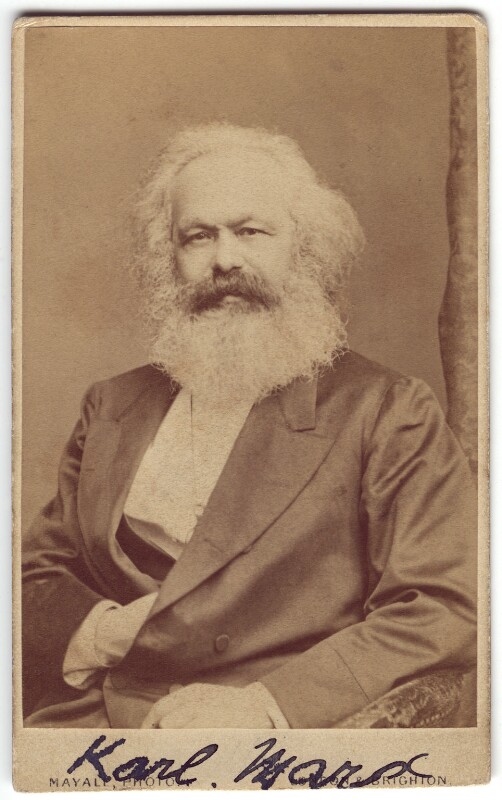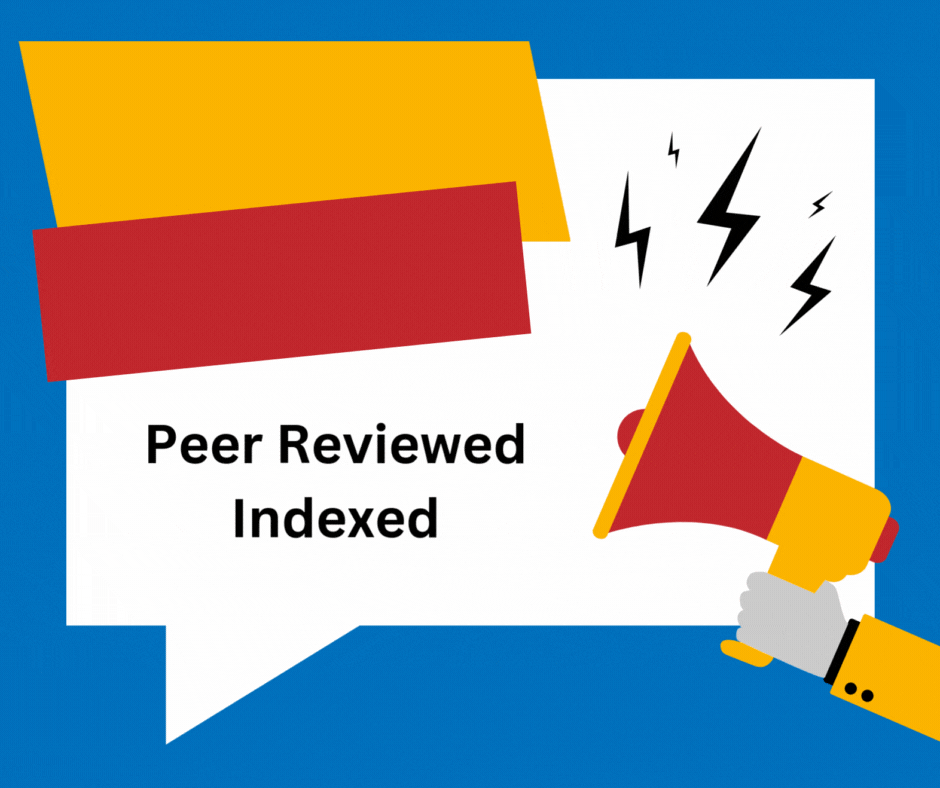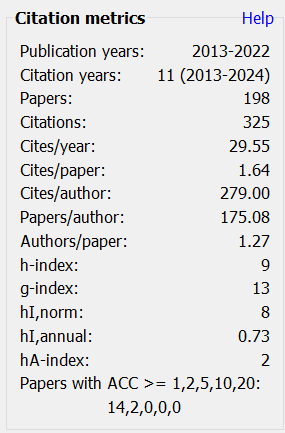Critical Reflections on the Fall Narrative of Communism
DOI:
https://doi.org/10.5958/2347-6869.2018.00010.9Keywords:
Emancipation, Equality, Justice, Transformation, RevolutionAbstract
The paper critically addresses the fall narrative of the narrative of the failure of the communist experiment. By doing so it makes a conviction that the great fall may have had laid down communism’s burial but had not closed the spirit of revolution and emancipation. More than being loathsome to the violence the fall narrative hangs on to liberal-capitalist-democracy’s hatred for equality and justice. The paper commits to the claim that if the idea of “return to socialism” makes no sense, equally is senseless the triumphalism debate of liberal-capitalism. Saying so the commitment is for “return to the human self” whose even distant possibility lies in socialism only.
DOI: 10.5958/2347-6869.2018.00010.9
Downloads
Metrics
References
Baron, B. L. (1971). Marx on Human Emancipation. Canadian Journal of Political Science, 4(4), 559-570.
Baudrillard, J. (1983). Simulations. New York: Semiotext(e).
Bensai?d, D. (2009). Marx for Our Times: Adventures and Misadventures of a Critique. London: Verso.
Best, S. (1995). The Politics of Historical Vision: Marx, Foucault, Habermas. New York: Guilford Press.
Best, S. (n.d.). The “Culture Turn” in Marxist Theory. URL: http://www.drstevebest.org/TheCulturalTurnInMarxist.htm.
Bloch, E. (2000). The Spirit of Utopia. Stanford: Stanford University Press.
Boer, R. (2014). The 'Failure' of Communism: a 'Fall' narrative Philosophers for Change. URL: https://philosophersforchange.org/2014/10/28/the-failure-of-communism-a-fall-narrative/.
Brecht, B. (2013). In Praise of Communism. [Blog] The Cahokian, URL: http://thecahokian.blogspot.in/2013/07/bertolt-brecht-in-praise-of-communism.html
Brown, W. (2003). Neo-liberalism and the End of Liberal Democracy. Theory &Event, 7(1).
Brown, W. (2015). Undoing The Demons: Neoliberalism’s Stealth Revolution. Brooklyn: Zone Books.
Castoriadis, C., & Arnold, H. (Trans.). (2010). A society a drift interviews and debates, 1974-1997. New York: Fordham University Press.
Derrida, J. (2011). Specters of Marx: The State of The Debt, The Work of Mourning, and The New International. New York: Routledge.
Diefenbach, K., & Battista, E. (Trans.). (2011). Im/potential Politics, Political Ontologies in Negri, Agamben and Deleuze. URL: http://www.after1968.org/app/webroot/uploads/bec-min-FINAL(4).pdf.
Estlund, D. (2011). Human Nature and the Limits (If Any) of Political Philosophy. Philosophy & Public Affairs. 39(3). 207-237.
Faramelli, A. (2013). What's "Left" of Communism? Part I of II. [Blog] Critical Legal Thinking. URL: http://criticallegalthinking.com/2013/10/07/whats-left-communism/.
Harvey, D. (2000). Spaces of hope. Edinburgh University Press.
Kowarzik, W. S. (1985). Karl Marx as a Philosopher of Human Emancipation. Poznan Studies in the Philosophy of the sciences and the Humanities. 60. 355-368.
Lukacs, G. (1978). Ontology of Social Being Volume 2. Marx London: Merlin Press.
Lyotard, J. F., & Bennington, G., & Massumi, B. (Trans.). (1984). The Postmodern Condition: A Report on Knowledge. Minneapolis: Univ. of Minnesota Press.
Marx, K., & Milligan, M. (Ed.) (1988). Economic and Philosophic Manuscripts of 1844. New York: Dover Publications. INC.
Nancy, J. L., & Cornor, P. (Ed.). (1991). (L. Garbus., M. Holland., & S. Sawhney. Trans). The Inoperative Community. Minneapolis: University of Minnesota Press.
Negri, A. (2011). Is It Possible to Be Communist Without Marx? A Journal of Philosophy and Social Theory. 12(1). 5-14.
Negri, A., & Thomas, P. (Trans.). (2006). Goodbye Mr. Socialism. Toronto: Seven Stories Press.
Sakwa, R. (2013). The Soviet collapse: Contradictions and neo-modernisation, Journal of Eurasian Studies. 4(1). 65-77.
Strong, T. B. (2013). Politics Without Vision: Thinking without a Banister in The Twentieth Century. Chicago: University of Chicago Press.
Tosel, A. (2007). The Development of Marxism: From the End of Marxism-Leninism to a Thousand Marxisms-France-Italy, 1975-2005. Critical Companion to Contemporary Marxism. 16. 39-78.
Zizek, S. (2009). First As Tragedy, Then As Farce. London: Verso books.

Downloads
Published
How to Cite
Issue
Section
License
Copyright (c) 2018 Smrutipriya Pattnaik, C Upendra

This work is licensed under a Creative Commons Attribution-NonCommercial 4.0 International License.
Revised Copyright/CC license that applies to all the articles published after 05-02-2017
Attribution-NonCommercial 4.0 International (CC BY-NC 4.0)

Copyright/CC license that applies to all the articles published before 05-02-2017
Attribution-Non Commercial-No Derivatives 4.0 International (CC BY-NC-ND 4.0)

Author(s) will retain all the right except commercial and re-publishing rights. In the case of re-publishing, they will have to obtain written permission from the journal. Additional licensing agreements (Creative Commons licenses) grants rights to readers to copy, distribute, display and perform the work as long as you give the original author(s) credit, they can not use the works for commercial purposes and are not allowed to alter, transform, or build upon the work. For any reuse or distribution, readers and users must make clear to others the license terms of this work. Any of these conditions can be waived if you get permission from the copyright holders. Nothing in this license impairs or restricts the authors’ rights. To view a copy of this license, visit http://creativecommons.org/licenses/by-nc-nd/4.0/ or send a letter to Creative Commons, 171 Second Street, Suite 300, San Francisco, California, 94105, USA.
Research Papers published in SOCRATES are licensed under an Attribution-NonCommercial-NoDerivatives 4.0 International (CC BY-NC-ND 4.0)
















